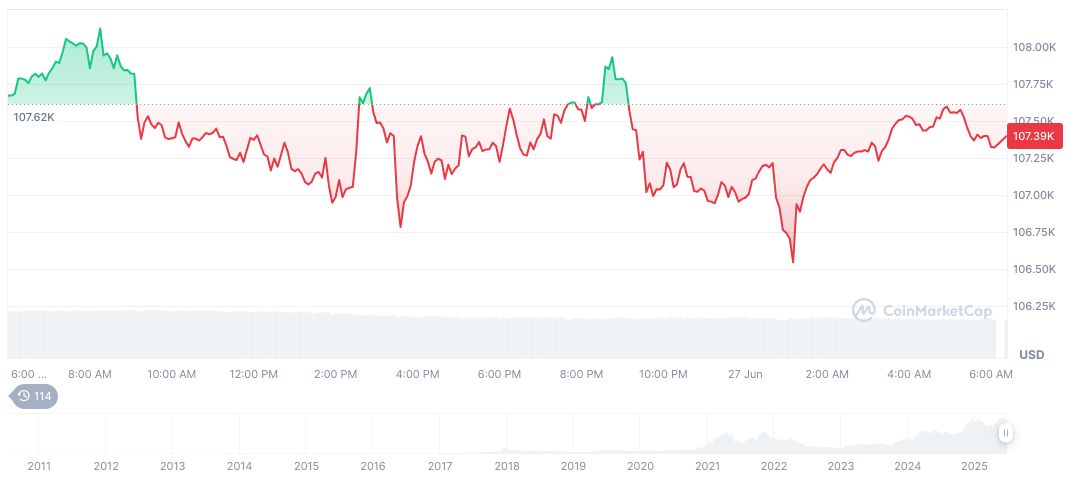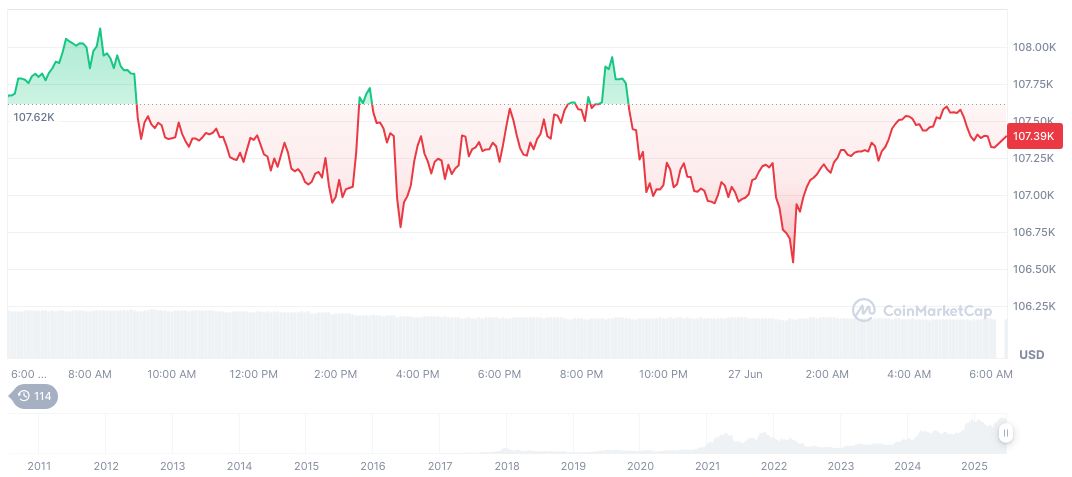- FATF releases updates on global crypto regulations and risk factors.
- North Korean hackers stole $1.46 billion from ByBit.
- FATF stresses international cooperation in asset recovery.
The Financial Action Task Force (FATF) issued a crucial update on anti-money laundering measures for the virtual asset sector on June 27, 2025.
The report underscores the importance of global regulatory cooperation, particularly following significant crypto-related breaches affecting ByBit and broader market dynamics.
North Korean Hackers and FATF Call for Action
The FATF’s report addresses the pressing need for stringent anti-money laundering (AML) and counter-terrorist financing (CTF) measures concerning virtual assets. The organization highlights significant challenges in licensing and overseeing virtual asset service providers (VASPs), especially those operating offshore.
The report reveals North Korean hackers stole $1.46 billion from ByBit, recovering only 3.8%. The FATF emphasizes strengthening regulatory cooperation to prevent future illicit activities across virtual asset platforms.
While some regulatory bodies commend the FATF’s efforts, there’s concern among industry stakeholders about potential impacts. Concerns over regulatory overreach and its effect on innovation persist, particularly among those involved in decentralized finance (DeFi).
Crypto Market Volatility Amid Regulatory Challenges
Did you know? The FATF’s call for improved crypto regulation parallels the aftermath of major crypto hacks, such as the 2022 Ronin Bridge incident, which highlighted vulnerabilities still present in the industry today.
According to CoinMarketCap, Bitcoin (BTC) stands with a current price of $106,967.35 and a market cap of $2.13 trillion. It reported a 27.70% increase over the past 90 days but a slight 0.49% decline over the last 24 hours. These fluctuations reflect ongoing market uncertainties amidst regulatory developments.
Analysts from the Coincu research team note that as regulations tighten, the crypto market may face shifts, especially affecting centralized exchanges. This could potentially drive an increased interest in decentralized platforms, as stakeholders seek compliance and operational continuity.
| DISCLAIMER: The information on this website is provided as general market commentary and does not constitute investment advice. We encourage you to do your own research before investing. |
Source: https://coincu.com/345473-fatf-global-crypto-regulations-2025/

